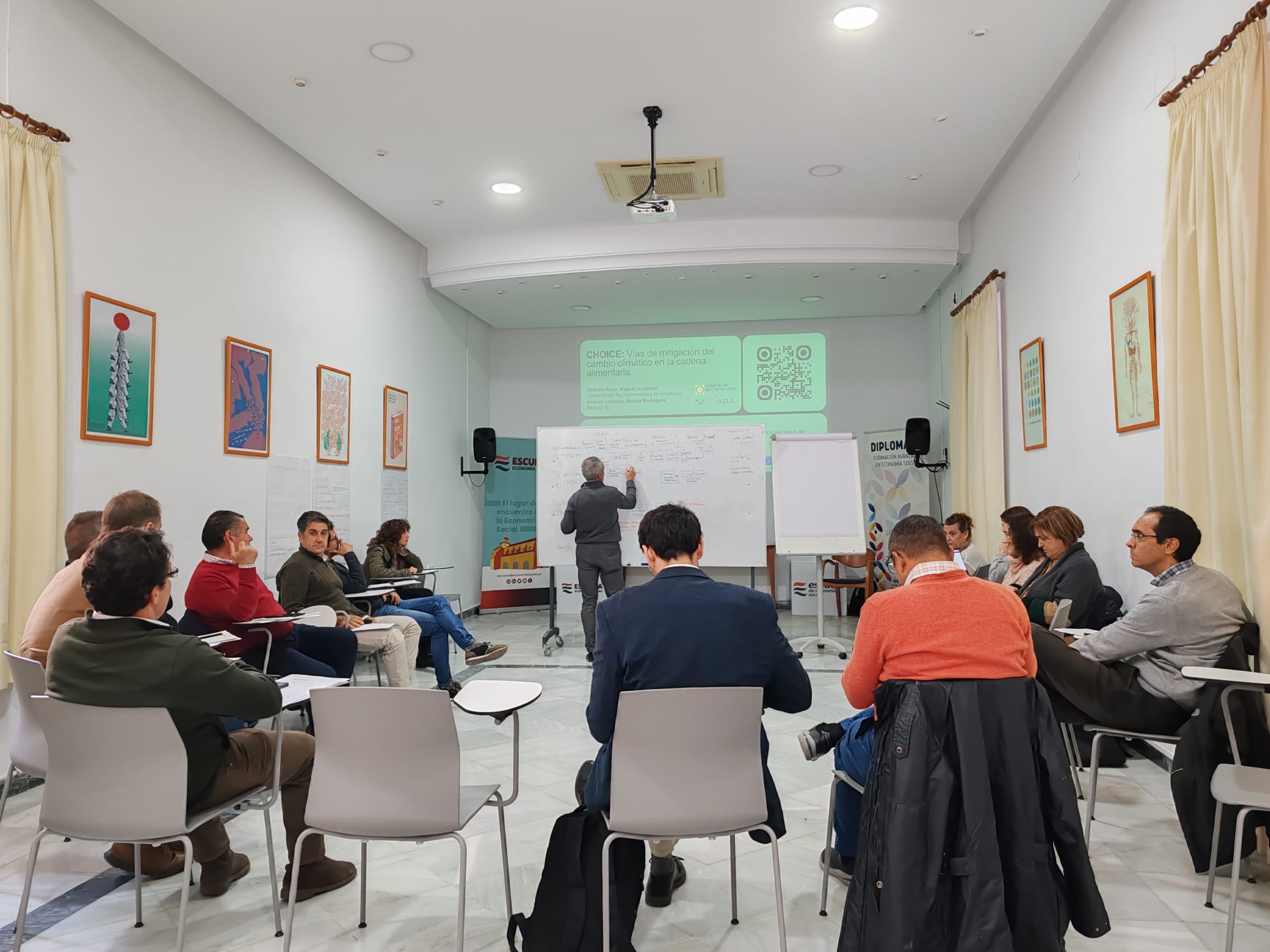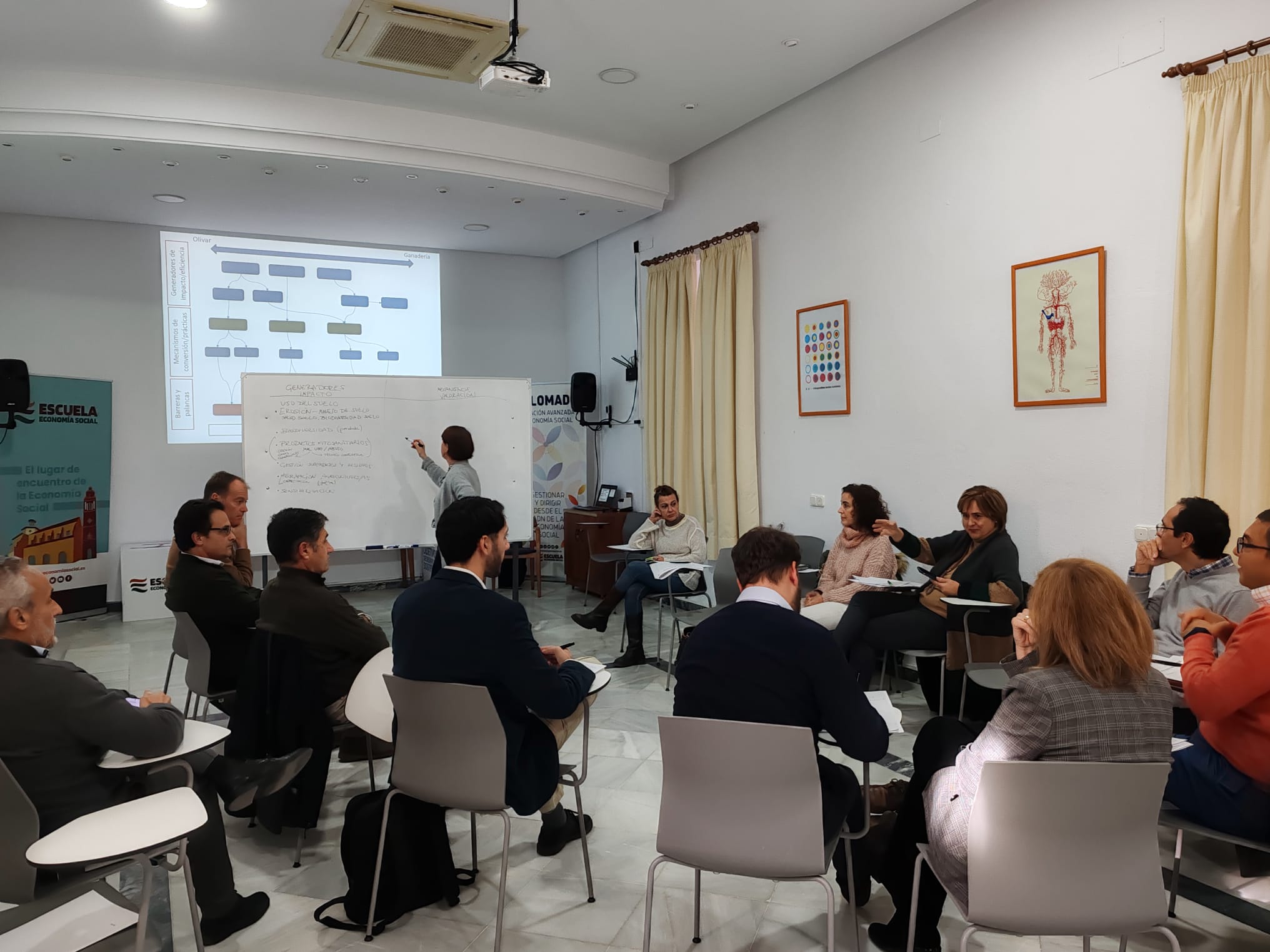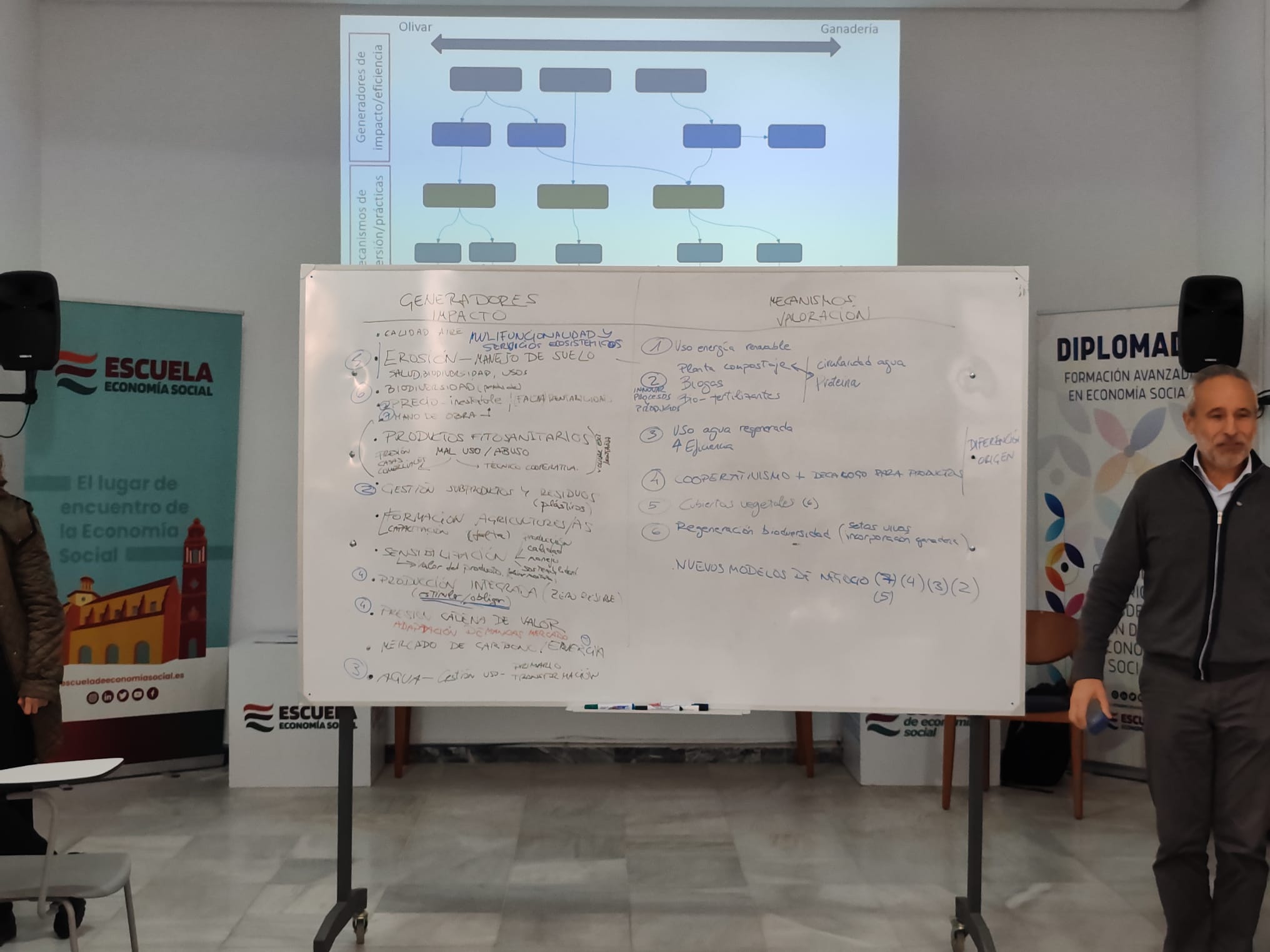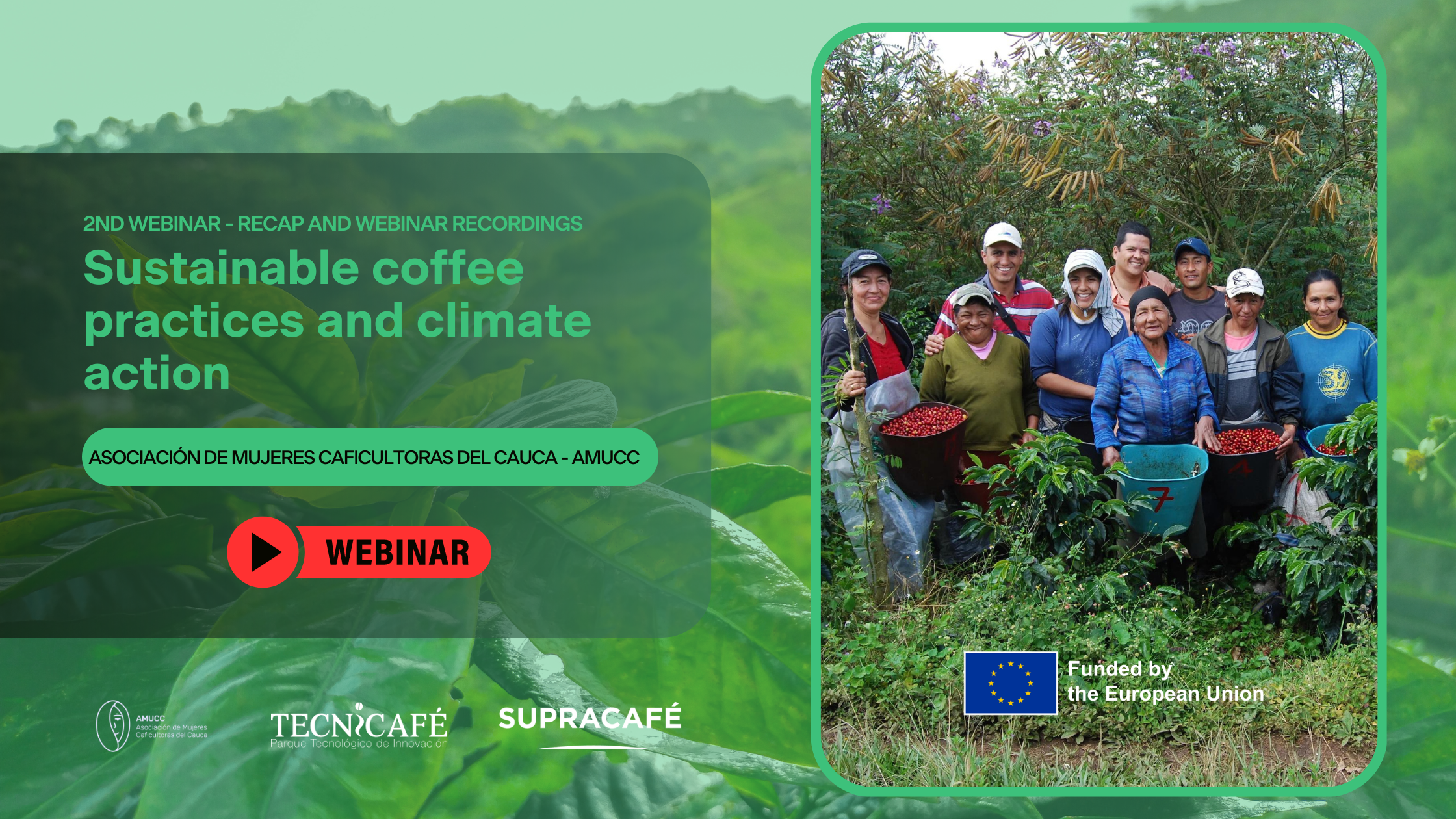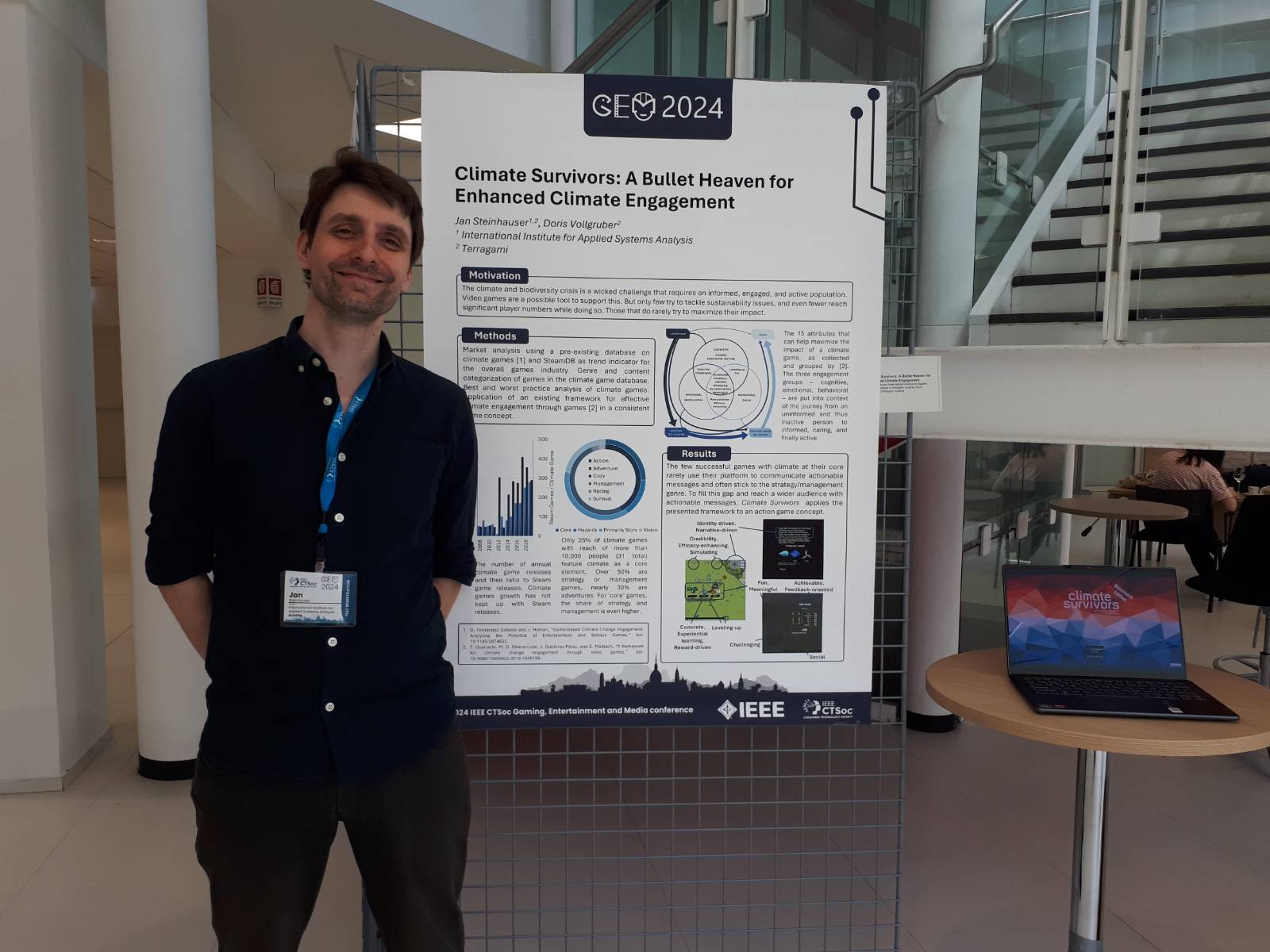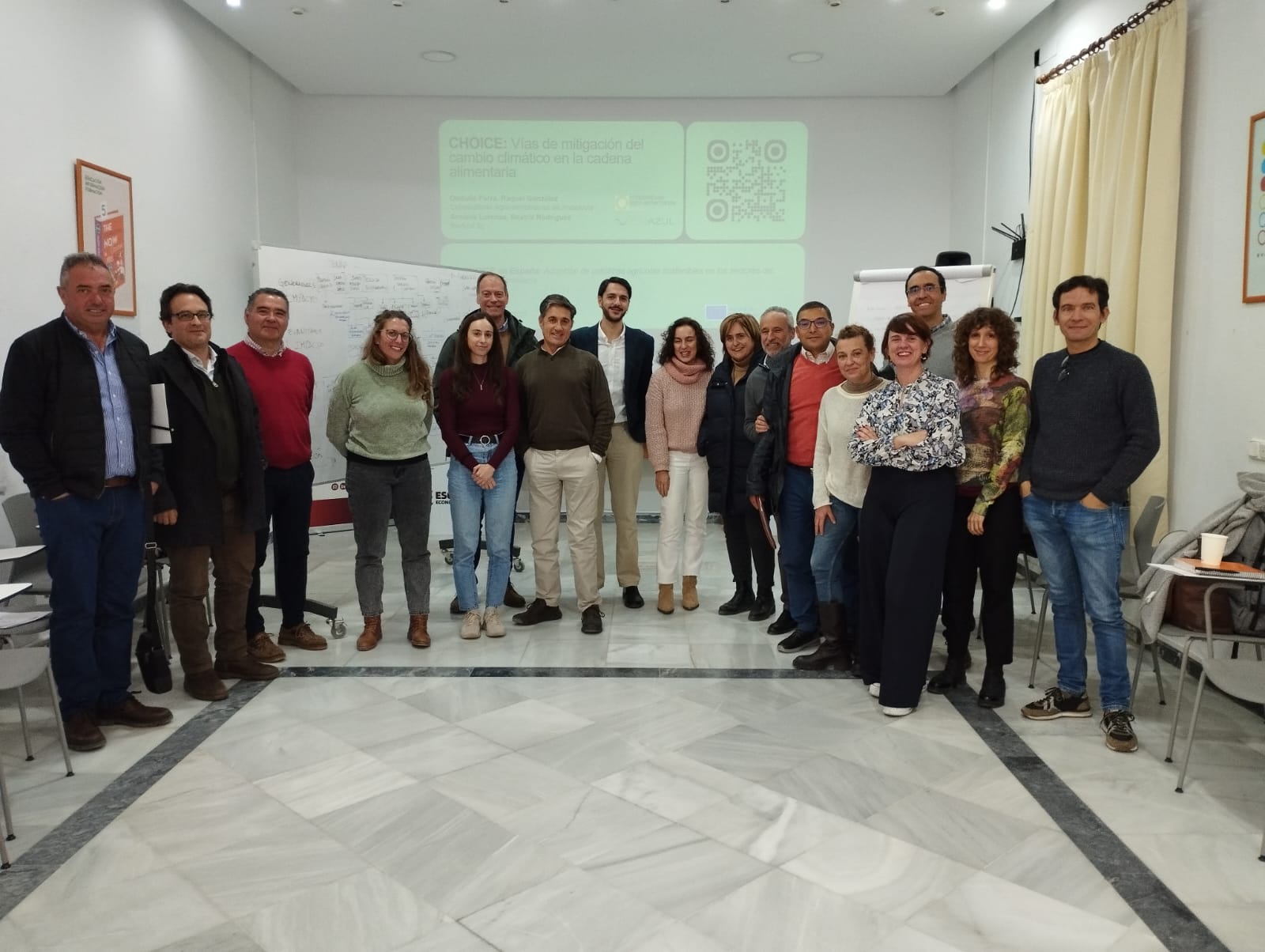
CHOICE Hosts its Second Participatory Lab organized for the Spanish Pilot in Osuna
Following the successful event in Austria, CHOICE held its second participatory lab, focusing on the Spanish pilot activities and marking the first lab for this specific pilot. Held on December 10, 2024, at the School of Social Economy in Osuna, Seville, the lab was organized by Cooperativas Agro-alimentarias de Andalucía in collaboration with Bioazul and Rurápolis. The event brought together 11 stakeholders and 9 agents, including organizers and facilitators, from the agricultural and livestock sectors to advance sustainable practices in olive groves and livestock farming under the CHOICE project.
Advancing Sustainability in Olive Groves and Livestock Farming
The CHOICE pilot in Spain aims to engage over 200 farmers and livestock producers across Andalusia. These stakeholders will implement sustainable practices such as rotational grazing, regenerative agriculture, and biofertilizers to reduce environmental impact and create favorable production environments. The project also incorporates tools like carbon and water footprint analysis to guide sustainable transitions in farming practices.
The participatory lab focused on fostering collaboration and exchanging ideas on the adoption of sustainable practices in the olive and livestock sectors. Stakeholders included representatives from the Ministry of Agriculture, Fisheries, Water and Rural Development, IFAPA, IMIDRA, and various agricultural cooperatives and organizations, such as Nuestra Señora de los Remedios Picasat SCA, Picualia, and Dehesas Cordobesas SCA.
Mental Mapping Exercise: Identifying Barriers and Opportunities
At the core of the participatory lab was a mental mapping exercise designed to foster collaboration and generate actionable insights. Stakeholders were divided into two groups—olive groves and livestock farming—to identify the main impact-generating elements, barriers to sustainability, and opportunities for adopting better practices.
Olive Groves
For the olive sector, participants identified key challenges, such as:
- Land and water management.
- Misuse of phytosanitary products.
- Lack of farmer training.
- Management of subproducts.
Proposed solutions included promoting cooperativism, increasing renewable energy use, restoring biodiversity, and differentiating products by quality standards.
Livestock Farming
For the livestock sector, discussions centered on challenges like:
- Water and feed management.
- Manure handling and reproductive efficiency.
- Low stocking rates.
Barriers such as misleading advertising, insufficient research, and soil degradation were highlighted. Stakeholders emphasized the importance of education, communication, and tailored support to encourage sustainable livestock practices.
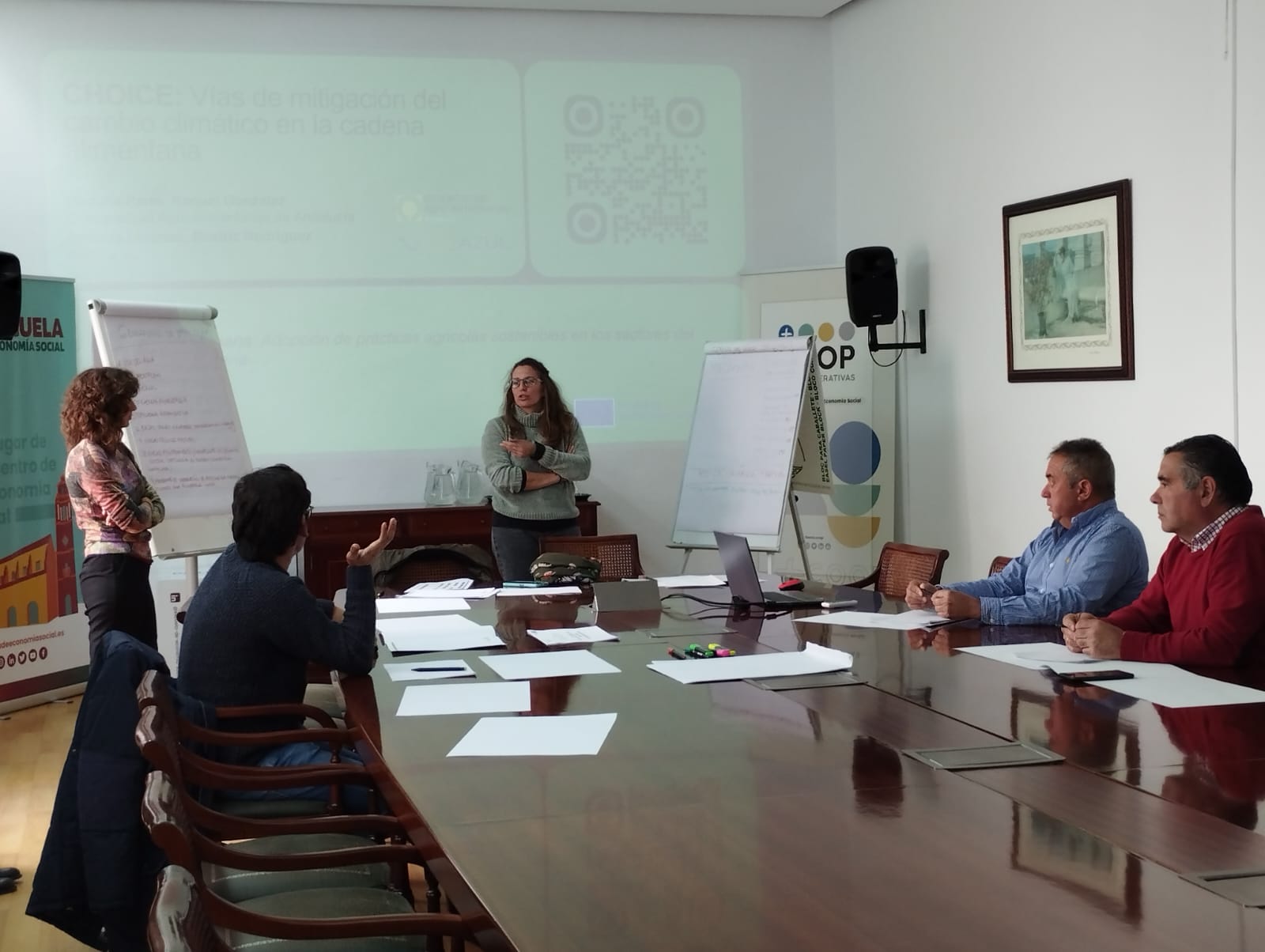
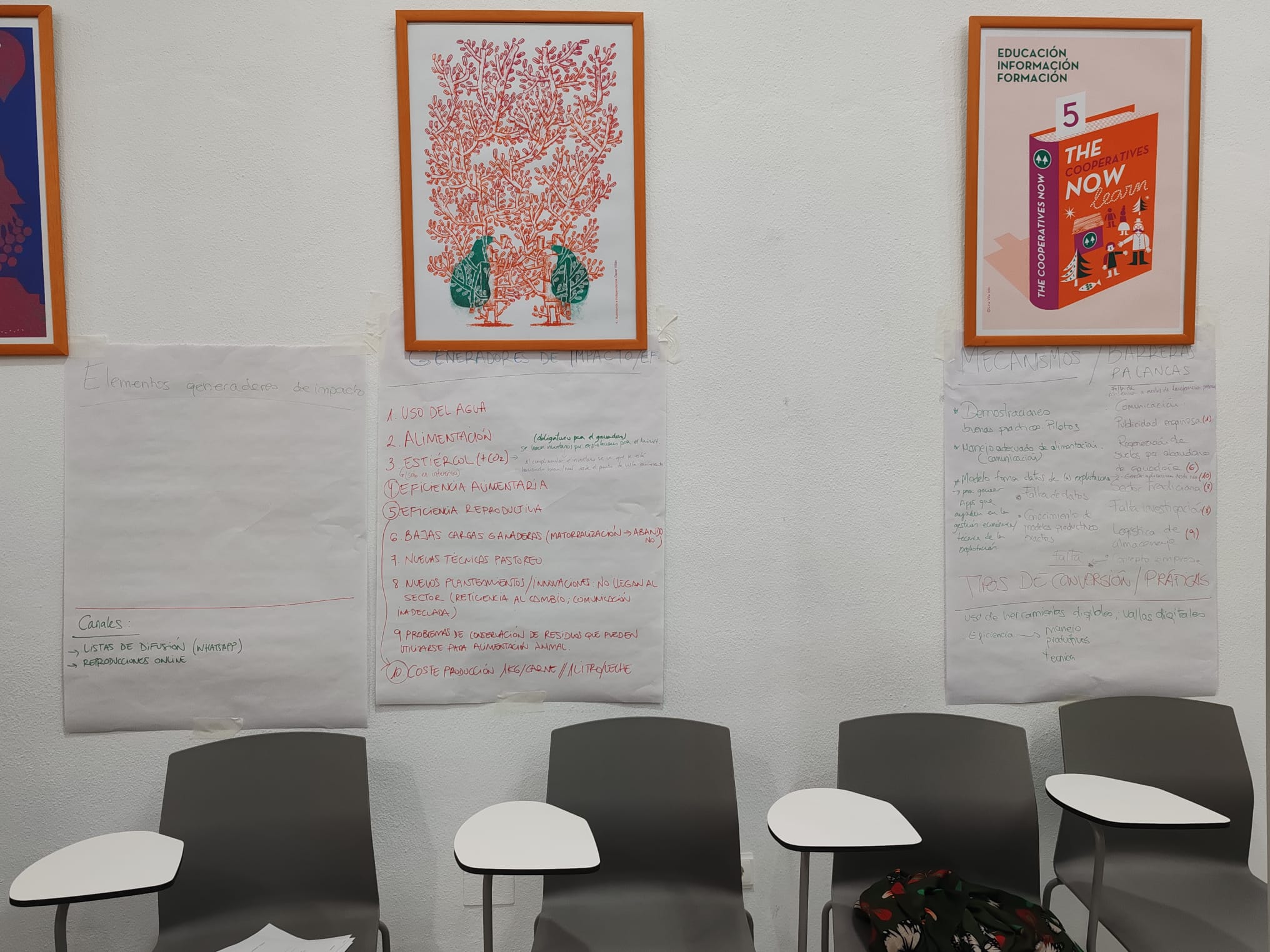
Collaborative Discussion
Following the group sessions, representatives from both sectors came together to share insights and identify synergies between olive groves and livestock farming. This integrative discussion enriched the dialogue, fostering collaborative strategies for sustainable agriculture and livestock management in Andalusia.
A Promising Step Forward
The participatory lab concluded with high expectations and strong stakeholder interest in continuing their involvement. The ideas and insights generated will be critical in shaping the Spanish pilot campaigns, ensuring they reflect the region’s unique needs and challenges.
Stay tuned for updates on CHOICE’s activities in Spain and beyond as we continue to drive sustainability through collaboration and innovation.
Learn more about CHOICE’s large-scale engagement and green pilot campaigns here.

